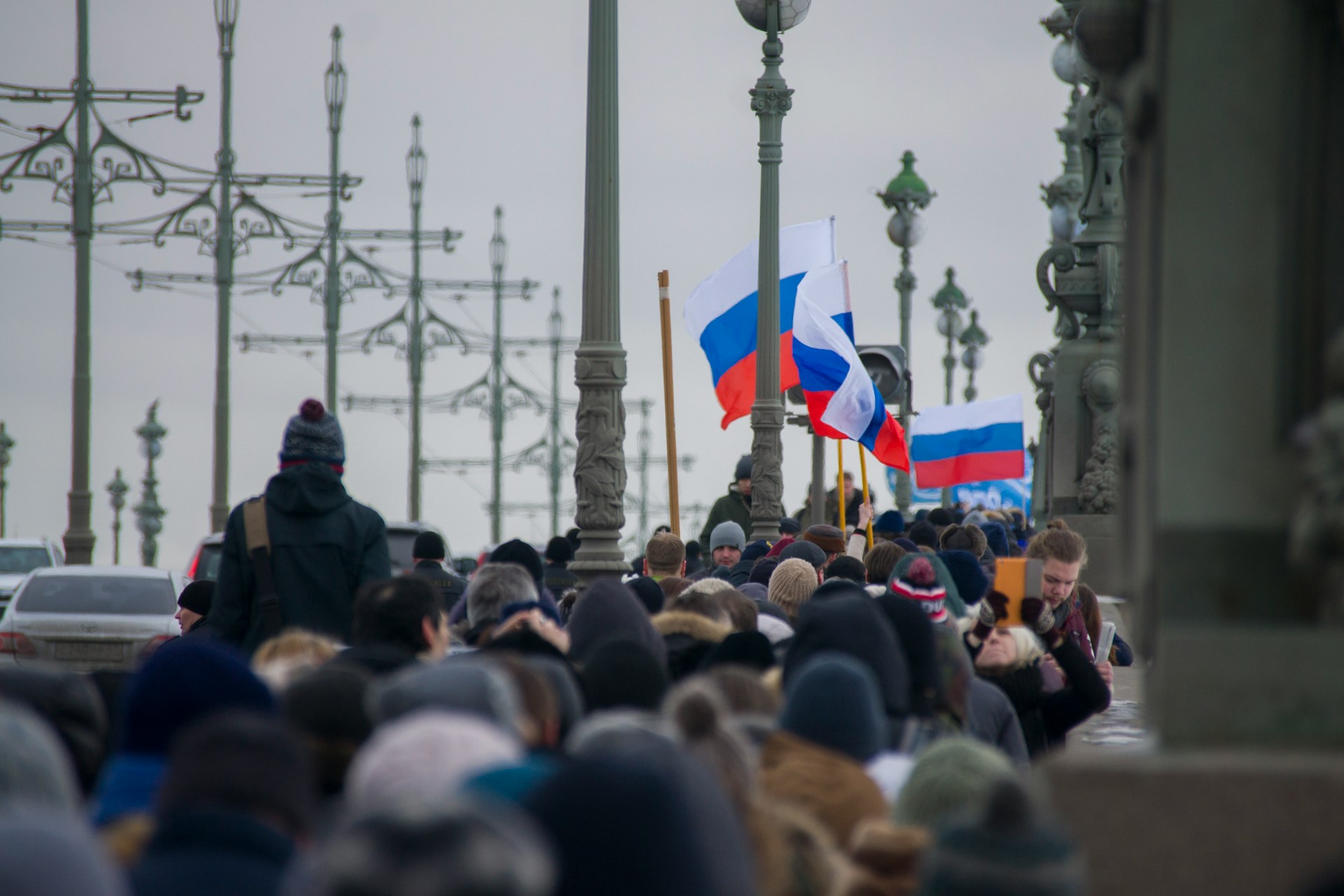The BBC, in cooperation with the independent media group Mediazone and volunteers, has confirmed that the number of Russian military casualties in Ukraine has exceeded 50 000 as Moscow pursues its so-called “meat grinder” strategy, on Wednesday, the 17th of April, reports the British broadcaster BBC.
The BBC explains that the term “meat grinder” is used to describe the way Moscow is sending troops into Ukraine in waves in an attempt to weaken Ukrainian forces and expose their locations to Russian troops.
According to the report, more than 27 300 Russian soldiers died in the second year of the war.
The death toll was found to be almost 25% higher than in the first year, showing that territorial gains were made at a huge human cost.
To compile the data, the BBC, Mediazone and volunteers identified new graves and extensively analysed information from official reports, newspapers and social media during the investigation.
The total death toll – more than 50 000 – is eight times higher than the only official publicly acknowledged death toll so far, given by Moscow in September 2022, but the actual death toll in Russia is likely to be much higher, the BBC reports.
In January 2023, during the Russian offensive in Ukraine’s Donetsk region for the town of Vuhledar, the number of military casualties rose sharply. The report said the Institute for the Study of War (ISW) concluded that the use of “ineffective frontal human-wave attacks” and “difficult terrain, lack of combat power and inability to surprise Ukrainian forces” led to minimal gains and high combat casualties.
Another increase in casualties occurred in the spring of 2023, in the battle for Bakhmut, when Wagner’s mercenary group reported significant losses of 22 000 soldiers. Similarly, the number of killed soldiers increased significantly with the Russian capture of Avdiivka last autumn.
Volunteers working with the BBC and Mediazona have also documented that
the number of military graves in 70 Russian cemeteries has increased significantly
since the start of the Ukrainian war, with cemeteries expanding and new sections of cemeteries being opened, such as the Bogorodskoye cemetery in Ryazan.
Evidence at the cemeteries suggests that these graves belong to soldiers killed in Ukraine, and the BBC has estimated that at least two out of five of the dead soldiers were not part of the Russian army before the invasion.
The high number of casualties has led to changes in the Russian armed forces, where experienced soldiers, either dead or wounded, have been replaced by less trained ones, resulting in a simpler tactical approach focusing on frontal attacks supported by artillery, Samuel Cranny-Evans of the Royal United Services Institute (Rusi) told the BBC.
Recruits from prisons are a vital part of the success of the Russian “meat grinder”
and analysis by the BCC and Mediazone shows that they are being killed faster on the front line.
The BBC reports that prisoners were initially recruited for the war by Yevgeny Prigozhin and that after Prigozhin’s death the Russian Ministry of Defence continued the same policy.
They checked 9 000 Russian soldiers who are known to have died at the frontline with more than 1 000 confirmed as having military contract start and death dates.
The analysis showed that prisoners survived an average of three months at the front under Prigozhin. In contrast, those recruited by the Ministry of Defence had a shorter average survival time of two months.
Also read: Top Ukrainian commander says Russia aims to take Chasiv Yar by the 9th of May
Follow us on Facebook and X!

